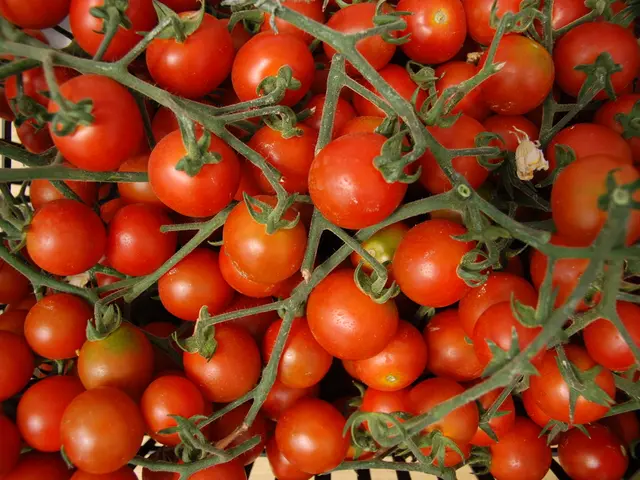Getting With the Green: Apprenticeships in Environmental Jobs on the Rise
Growing Fascination Among Apprentices for Green-Sector Work - Growing preference for eco-friendly careers observed among apprentices (Azubis)
The field of eco-friendly jobs, such as farming, gardening, and animal husbandry, is experiencing a significant surge in popularity among aspiring apprentices. According to data from the State Administrative Office, this year alone has smashed records with 490 young individuals starting apprenticeships in these eco-conscious roles. The most significant number of apprentices found their footing in agriculture (187), followed by gardeners (71), horticulture (55), and animal husbandry (32).
"It's fantastic to see more and more young people showing enthusiasm for eco-friendly jobs," stated Thomas Pleye, Head of the State Administrative Office. "These jobs offer a unique blend of modern technology, a direct connection to nature, and the care of animals. It's this appealing mix that appeals to the new generation." Pleye advised that taking advantage of the opportunity to complete a paid internship during the upcoming holidays could provide valuable experience.
As green jobs expand aggressively across various sectors, including agriculture and related fields, apprenticeships become an increasingly recognized and effective method of preparing workers with the necessary skills. These programs provide hands-on experience and help adapt to rapidly evolving skill requirements.
Green job apprenticeships often prioritize sustainability, renewable practices, and eco-friendly methods in farming, gardening, and animal husbandry. With a focus on organic farming, water conservation, soil health management, and animal welfare improvements, the green shift in these sectors is well underway.
However, traditional education systems often struggle to keep pace with the rapidly changing demands for green skills. In response, industry-led, regionally focused apprenticeships tailored to specific skills gaps are gaining importance. To attract and retain skilled talent, businesses are streamlining apprenticeship application processes, offering competitive benefits, and aligning programs with future-oriented green skills. Government incentives and funding for eco-friendly apprenticeships contribute to this trend, particularly in sectors aligned with net-zero and sustainability goals.
While the State Administrative Office's data does not provide specific regional details, overall trends suggest that apprenticeships focused on sustainable agriculture and related eco-friendly practices are poised to grow as part of the broader green job movement. These programs equip apprentices with practical skills in environmentally friendly farming techniques, integrated pest management, renewable energy use on farms, soil carbon sequestration, and humane animal husbandry practices. By building a workforce versed in regenerative agriculture and sustainable food systems, these apprenticeships contribute to climate resilience.
For more region-specific information regarding apprenticeships in green farming and related sectors, consult local agricultural extension offices, state workforce development boards, or departments of agriculture. These sources can offer a more accurate picture of eco-friendly apprenticeship availability and trends on a local level.
- Thomas Pleye, Head of the State Administrative Office, encourages aspiring apprentices to explore eco-friendly jobs like farming, gardening, and animal husbandry.
- Vocational training programs in horticulture, gardening, and animal husbandry are gaining importance as they provide hands-on experience, helping to adapt to rapidly evolving green job requirements.
- Community policy-makers and businesses are aligning apprenticeship programs with future-oriented green skills, offering competitive benefits to attract and retain skilled talent.
- To build a climate-resilient workforce, apprenticeships in sustainable agriculture and food systems are increasing, focusing on regenerative agriculture, integrated pest management, renewable energy use, soil carbon sequestration, and humane animal husbandry practices.







